OPINION: My identity as a Black woman and my career intersect
I am a Black woman. I am a journalist. Those two parts of my identity do not exist independently of one another. They coexist and thrive together. My intersectional existence allows me to cover stories that impact the communities I’m a part of with empathy. We learn in college that news is a White male-dominated profession. As I have started working and living in the industry, I have seen the way the patriarchal control of media drowns out voices like mine. The media industry as a whole has chosen to tell me that my voice does not matter, that I am the diversity hire and that I am an “approachable” Black person. However, the industry is wrong. My voice is not only powerful as a journalist, but it is even more of an asset to newsrooms as I experience things that White male journalists surrounding and suffocating my voice do not.
…
After human rights protests in the summer of 2020, newsrooms say that they aim to live up to their new favorite buzzwords — diversity and inclusion. While newsrooms may say they want to be diverse on paper, the daily practice of diversity is a different story. As much as the media says it is trying to change, the staff of newsrooms across the country do not reflect their viewers. While many newsrooms may have Black representation, it is still patriarchal. Newsrooms lack the perspective of Black women and nonbinary people. While I cannot speak for nonbinary people, from experience I see that Black women see things differently than Black men and give an intersectional perspective on issues impacting the Black community. Maybe we would have more attention on Black women, trans people, and nonbinary people who experience the same violence as Black men if they were represented in the newsroom.
…
Neutrality is a birthright I don’t have. Journalism as a craft is supposed to be impartial, but sometimes you can’t separate the writer from the subject material. Do not expect journalists who are from marginalized communities to report the same way as a White male, privileged writer. A lot of White male journalists have never faced serious oppression. In turn, it’s easy for them to disconnect from the stories they tell. This creates a lack of empathy in the reporting, as well as a lack of accountability because the daily news isn’t happening in their community. Neutrality is a privilege that isn’t afforded to women of color. We are held to a higher standard than other people and forced to always be the bigger person to not look like the “angry Black woman.” The media cannot expect journalists of color to be entirely impartial when reporting on human rights issues, especially subjects and stories that affect their lives, rights, and livelihoods. White journalists can afford to not care and not advocate for communities under attack. Journalists of color cannot.
…
At risk of sounding cocky, the media industry is lucky to have my voice, and every other journalist that is a person of color. We make newsrooms complete instead of cold and disconnected. We turn an industry that was made for White men, by White men, into something that represents the diverse people of our country. We are the way the media transitions from an industry that is controversial and not trusted by marginalized communities, into a forum to tell their stories and do it justice on a larger scale. You need us because while my experience is my own, it connects me with your viewers — the people across the country who may resonate with my experience as a Black woman. It’s time to turn the tide and accept people for their entire identity. It’s then, and only then, that the media industry can be on its path to truly being the voice for America.
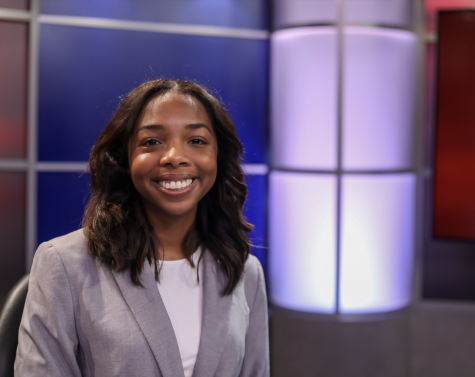
Domonique Tolliver is currently the Managing Editor for Digital. She was previously The Maroon's Life & Times Assistant Editor, Worldview Editor and...
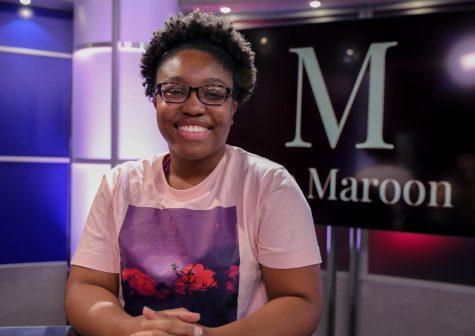
Celina Watkins is a NOLA native and design major, with a background in illustration. This is her first semester working for The Maroon. Outside of The...


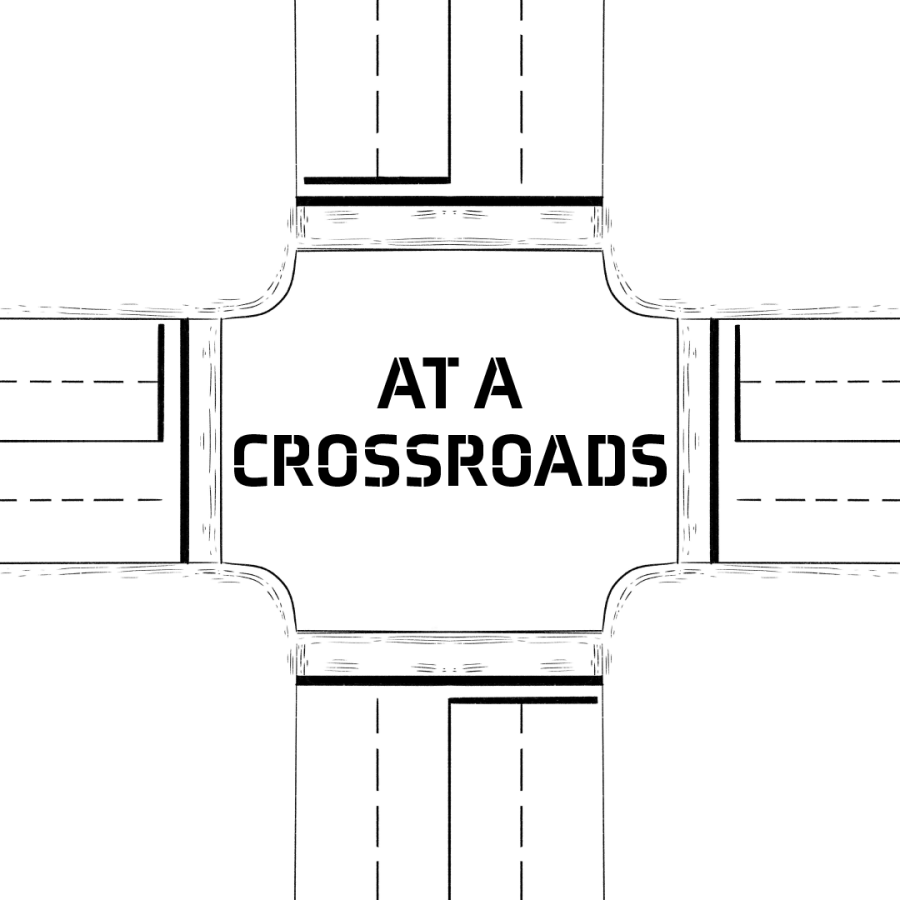
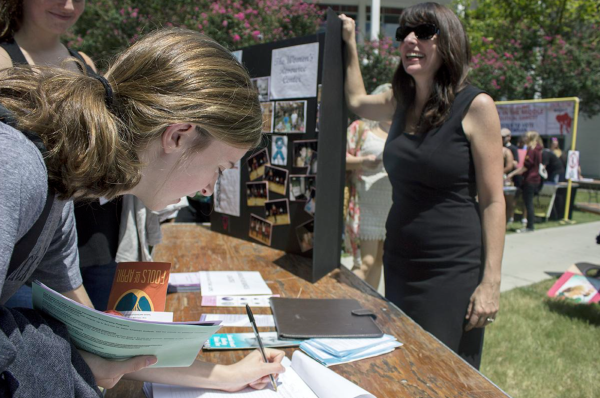
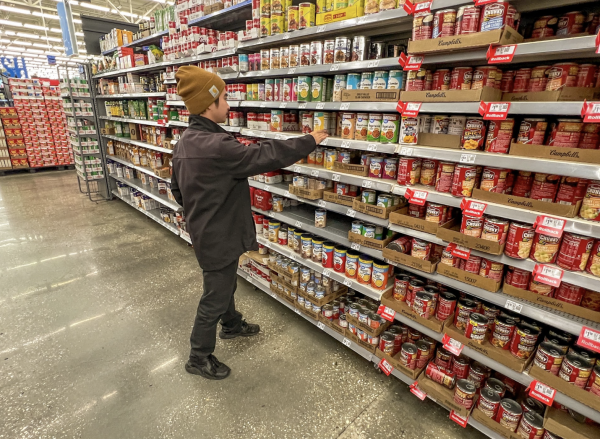
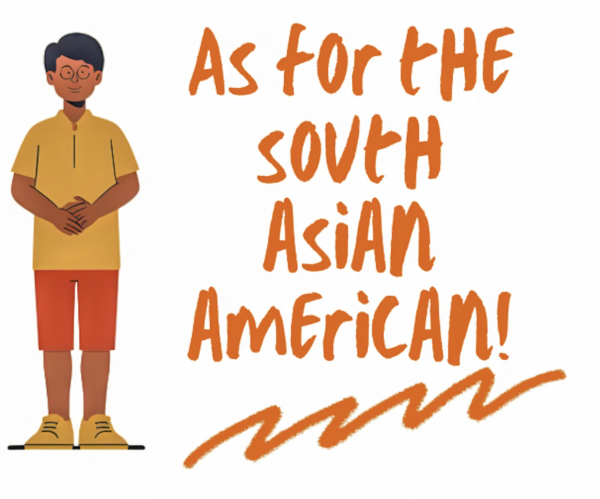

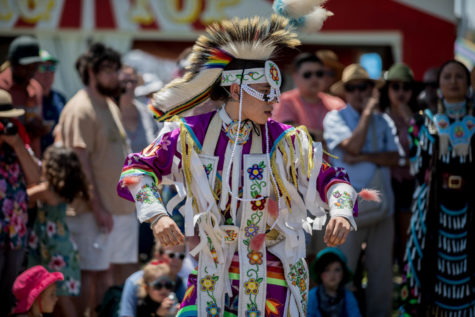

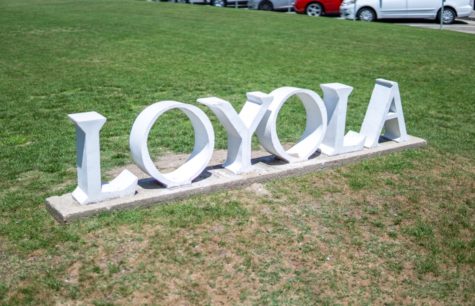
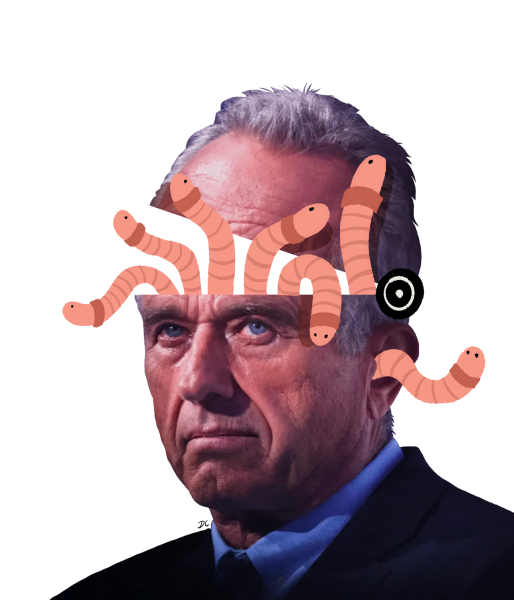
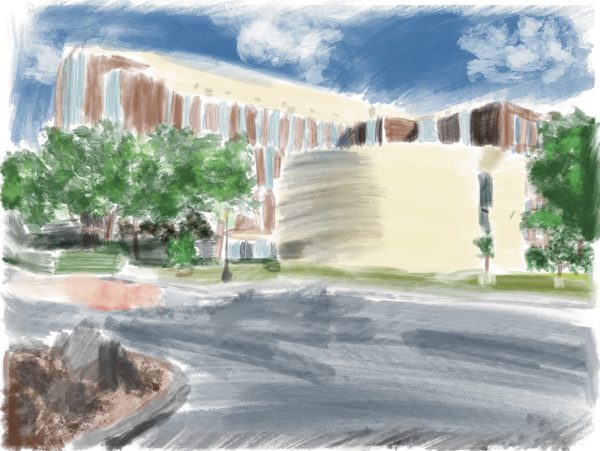
IndigenousWoman • Nov 30, 2021 at 1:41 pm
Thank you, Domonique. As a Native American woman who works in the news industry, I live through this and understand this and its totality.
Gabrielle Tolliver • Nov 18, 2021 at 8:21 am
This was a beautiful take on the impact intersectionality has within media. Great job Domonique